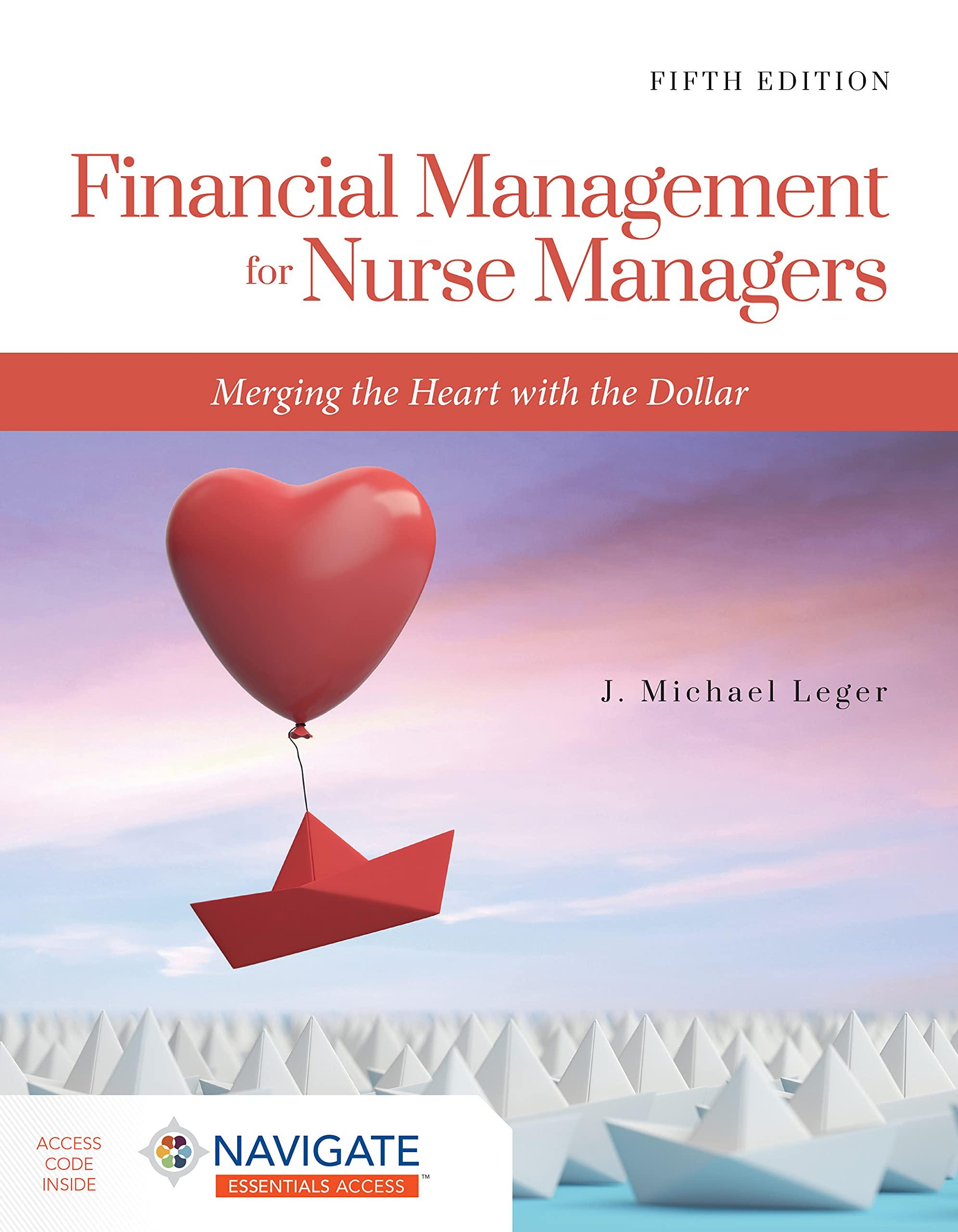9 Natalie's Rent-or-Buy Decision Natalie Warren is a single woman in her late 20s. She is renting an apartment in the fashionable part of town for $1,300 a month. After much thought, she's seriously considering buying a condominium for $300,000. She intends to put 20 percent down and expects that closing costs will amount to another $6,500; a commercial bank has agreed to lend her money at the fixed rate of 6 percent on a 15-year mortgage. Natalie would have to pay an annual condominium owner's insurance premium of $610 and property taxes of $1,400 a year (she's now paying renter's insurance of $550 per year). In addition, she estimates that annual maintenance expenses will be about 0.5 percent of the price of the condo (which includes a $30 monthly fee to the property owners' association). Natalie's income puts her in the 24 percent tax bracket (she does not itemize her deductions on her tax returns), and she earns an after-tax rate of return on her investments of around 4 percent. Assume that the standard deduction for a single person is $12,000. 1. Given the information provided, use Worksheet 5.2 to evaluate and compare Natalie's alternatives of remaining in the apartment or purchasing the condo. (Note: Assume Natalle does not have any security deposit.) Round your answers to the nearest cent. Annual ownership cost: Annual rental cost: 2. Working with a friend who is a realtor, Natalie has learned that condos like the one she's thinking of buying are appreciating in value at the rate of 3.5 percent a year and are expected to continue doing so. Would such information affect the rent-or-buy decision made in Question 17 -Select B Explain. The input in the box below will not be graded, but may be reviewed and considered by your instructor. 3. Discuss any other factors that should be considered when making a rent-or-buy decision. The input in the box below will not be graded, but may be reviewed and considered by your instructor. 9 Natalie's Rent-or-Buy Decision Natalie Warren is a single woman in her late 20s. She is renting an apartment in the fashionable part of town for $1,300 a month. After much thought, she's seriously considering buying a condominium for $300,000. She intends to put 20 percent down and expects that closing costs will amount to another $6,500; a commercial bank has agreed to lend her money at the fixed rate of 6 percent on a 15-year mortgage. Natalie would have to pay an annual condominium owner's insurance premium of $610 and property taxes of $1,400 a year (she's now paying renter's insurance of $550 per year). In addition, she estimates that annual maintenance expenses will be about 0.5 percent of the price of the condo (which includes a $30 monthly fee to the property owners' association). Natalie's income puts her in the 24 percent tax bracket (she does not itemize her deductions on her tax returns), and she earns an after-tax rate of return on her investments of around 4 percent. Assume that the standard deduction for a single person is $12,000. 1. Given the information provided, use Worksheet 5.2 to evaluate and compare Natalie's alternatives of remaining in the apartment or purchasing the condo. (Note: Assume Natalle does not have any security deposit.) Round your answers to the nearest cent. Annual ownership cost: Annual rental cost: 2. Working with a friend who is a realtor, Natalie has learned that condos like the one she's thinking of buying are appreciating in value at the rate of 3.5 percent a year and are expected to continue doing so. Would such information affect the rent-or-buy decision made in Question 17 -Select B Explain. The input in the box below will not be graded, but may be reviewed and considered by your instructor. 3. Discuss any other factors that should be considered when making a rent-or-buy decision. The input in the box below will not be graded, but may be reviewed and considered by your instructor







